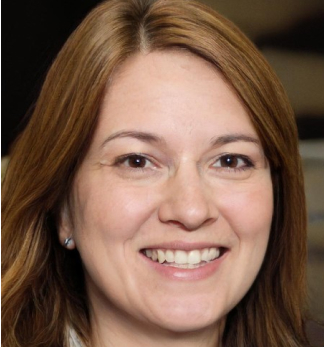Healthcare at the Forefront of Tuesday Night's Vice Presidential Debate
Buried in all of the rancor of Tuesday's vice presidential debate was significant discussions between the two candidates about health care issues. Vice President Mike Pence took on Sen. Kamala Harris at the University of Utah with just four weeks left in the 2020 election season.
Here is what the two candidates discussed about health issues and what your personal takeaways from the discussion should be.
COVID-19 Global Pandemic
The defining issue of this presidential election season is the ongoing COVID-19 global pandemic. Thus, it was not surprising that moderator Susan Page started the debate by discussing this important issue. It would have been impossible to ignore the elephant in the room, solely based on the obvious changes to the debate formate. Harris and Pence were placed over 12 feet apart on the stage. They were also separated by a protective plexiglass partition, at the request of the Biden and Harris campaign. There was also no traditional handshake between the sparring candidates.
Harris jumped out of the gate by criticizing the Trump administration for its alleged mishandling of the pandemic. As the head of the Coronavirus Task Force, Pence has been responsible for the nation's response to the health crisis. This made him an easy target for Harris, jumping on him for the over 210,000 American deaths and the resulting tanking of the economy.
The Democratic senator from California also criticized Pence and the Trump White House for not adhering to the same rules for social distancing and mask-wearing that the rest of the country needs to follow. Harris pointed to the recent outbreak at the White House as a sign of the administration's failures to follow the rules.
Pence used his time to applaud Trump for his commitment to getting a vaccine ready at an unprecedented speed. He also praised the president for his decision to stop flights from China when the severity of the virus became more apparent. Harris contended that none of this was enough and that a vaccine should not be rushed.
Affordable Care Act
The Affordable Care Act (ACA) is back at the forefront of political discussion. Otherwise known as Obamacare, this legislation requires insurance companies to provide coverage for individuals with preexisting medical conditions. The ACA is in the news again largely due to the fact that the US Supreme Court is scheduled to hear arguments next month regarding the Trump administration's efforts to strike down the legislation as unconstitutional.
Understandably, the two candidates varied greatly in their opinions about the ACA. Harris used a fear tactic to appeal to voters who may now be without health insurance if the ACA is struck down. Pence took the opportunity to slam the ACA as being a disaster that needs to go away.
What the Candidates Did Not Talk About
Despite the issue being one of the 10 official discussion topics, neither candidate answered the question posed by the moderator regarding the ages of both presidential candidates. Page asked each candidate if they have had discussions with their partner about how they would proceed should the president become unable to do their job. Both Harris and Pence evaded the question. Not only did they avoid answering the question directly, but they both also launched into unrelated discussions in an attempt to highlight their strengths as a candidate.
In addition, neither candidate addressed the issue of how COVID-19 has exposed serious flaws in the nation's healthcare system. One glaring problem is the fact that health insurance is tied to employment in this country. With unemployment at record highs because of the tanking economy, many Americans are now left without health insurance during a time when they may need it the most.
Related to the lack of insurance for many American families is the uneven level of care provided to varying ethnic groups. The COVID-19 crisis has exposed that poor and minority groups of people are more likely to catch the virus and see serious complications. This lack of equity will be an important issue facing the next White House administration.
In today's uncertain world, it makes sense that healthcare policy discussion took center stage at this debate. How the nation responds to so many of these healthcare issues will become much clearer next month.

















